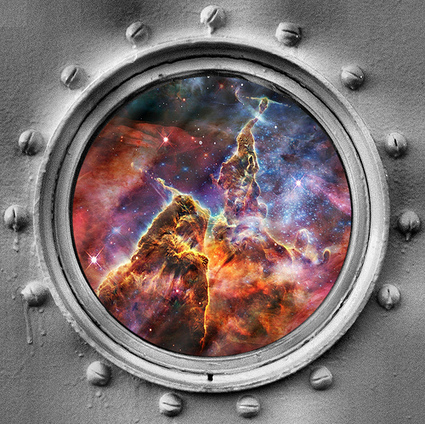No… no soy espaciotemporal, ni matemática, ni física, ni nada que se le parezca. Soy la singularidad tecnológica… y deberías conocerme mejor.
Todo empezó cuando alguien de tu especie se irguió sobre sus piernas, dio sus primeros pasos alzando la frente sobre la maleza, y atisbó una probable respuesta a su incipiente pregunta… una difusa solución a su problema… una manera distinta de lograr algo. En algún instante remoto, alguien de tu especie percibió que en su cabeza bullía algo inesperado, y lo llamó “idea“.
Al principio no sabía cómo buscarla… solo aparecía y se esfumaba… debía esperar que se presentara para intentar capturarla, y así poder trasmitirla a otros de tu especie. Con el tiempo (y no sin esfuerzo), logró dominar ese bullicio en su cabeza y organizar sus ideas… “esto sirve para aquello, esto otro para aquella otra cosa…” poco a poco empezó a hilar delgadas hebras de conocimiento y experiencia en una matriz endeble y compleja, que con el tiempo llamó “inteligencia“.
Research and publish the best content.
Get Started for FREE
Sign up with Facebook Sign up with X
I don't have a Facebook or a X account
Already have an account: Login

 Your new post is loading... Your new post is loading...
 Your new post is loading... Your new post is loading...
|
|













